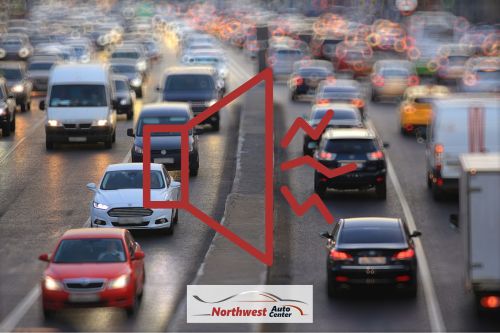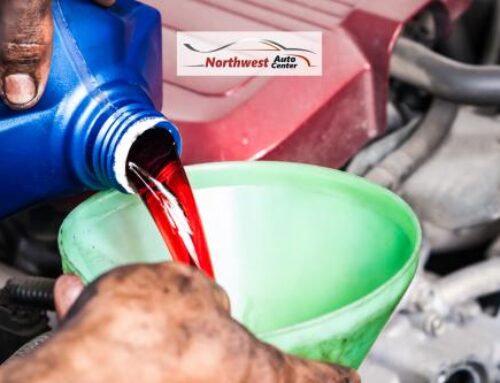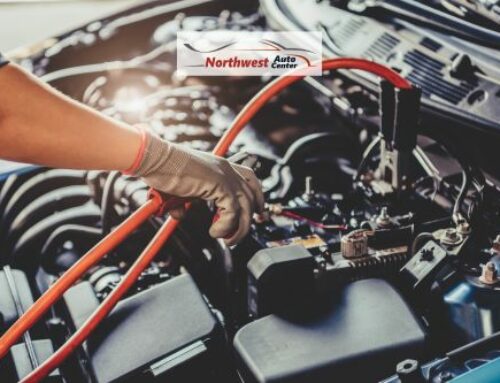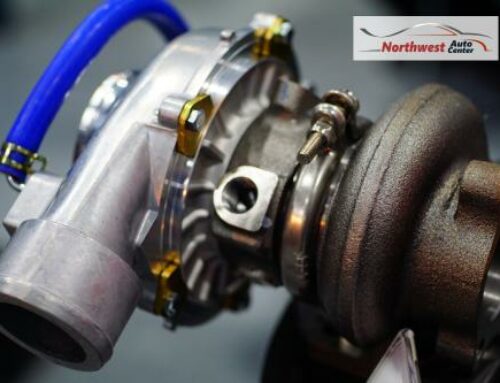
It’s time to turn those listening ears on! Decoding engine sounds is a crucial skill for any car owner. The symphony of clicks, hums, and whirs emanating from your vehicle can provide valuable insights into its overall health and function. Understanding these noises can help you address potential issues before they escalate, saving time and money.
The Basics of Decoding Engine Sounds
Your car’s engine produces a variety of sounds during operation, each serving as a communication tool between the vehicle and its driver. You can gain valuable information about the engine’s condition and performance by paying attention to these sounds. Here’s a breakdown of some standard engine sounds and what they might signify…
Normal Humming and Idling Sounds
When your car is in good condition, you should hear a steady and smooth hum when idling. This sound indicates that the engine is operating within normal parameters. However, any sudden changes or irregularities in this hum could signal an underlying issue.
It does not need to be a specific sound—it could just be a different sound. You know your vehicle best. If something sounds different or off, contact your local mechanic to have things checked out.
Knocking or Pinging Sounds
Notice a persistent knocking or pinging sound? It might be an indication of pre-ignition or detonation in the engine. Various issues, including a malfunctioning sensor, low-quality gas, or a problem with the ignition timing, can cause a persistent pinging noise. Addressing these concerns promptly is crucial to prevent potential damage to the engine.
Rumbling or Roaring Sounds
A deep rumbling or roaring noise, especially during acceleration, might indicate an issue with the exhaust system. This could range from a simple exhaust leak to a more complex problem like a damaged muffler or catalytic converter. Prompt inspection and repair are essential to prevent further damage and maintain optimal engine performance.
Metal-on-Metal Grinding
A harsh metal-on-metal grinding sound or knocking sound usually suggests a severe issue, such as a failing bearing or internal engine component. Driving the vehicle in this condition may lead to catastrophic engine failure.
Continuous Tapping or Clicking
Persistent tapping or clicking sounds, especially when the engine is warm, could indicate a problem with the valvetrain. Issues such as worn-out lifters or camshafts may require professional inspection and repair.
But what about noises that you hear at specific times? They may come and go, but when you listen to them, it puts you on edge.
Decoding Engine Sounds in Specific Situations
Start-up Sounds
When starting your car, please pay attention to the initial sounds it makes. A grinding noise during startup might suggest a problem with the starter motor or flywheel. On the other hand, a rapid clicking sound could indicate a weak or failing battery or even an alternator that’s not producing the proper amperage or voltage, thereby not keeping the battery charged.
Acceleration and Deceleration
The engine sounds produced while accelerating or decelerating can reveal important information. A gradual increase in engine pitch during acceleration is normal. Still, a sudden change or irregularities might point to issues with the fuel system, spark plugs or transmission.
Braking and Grinding Sounds
While braking, listen for any squealing or grinding noises. Squealing may indicate worn brake pads while grinding sounds could suggest more severe brake issues. Addressing brake-related sounds promptly is crucial for your safety on the road and can save you money in the long run.
** SIDE NOTE ** Listening to the different sounds your car makes, can help your mechanic to isolate what’s wrong when you hear sounds that aren’t “normal” for your vehicle. Don’t be afraid to point out abnormal sounds to your mechanic. We appreciate all of your input and help save you time and money in the diagnosis process!
Seeking Professional Help
Decoding engine sounds is an invaluable skill that every car owner should develop. Regularly listening to your vehicle’s auditory cues can help you identify potential problems early on, allowing for timely and cost-effective repairs. By understanding the various sounds your car produces, you can address issues promptly, ensuring a smooth and reliable driving experience.






Leave A Comment
You must be logged in to post a comment.